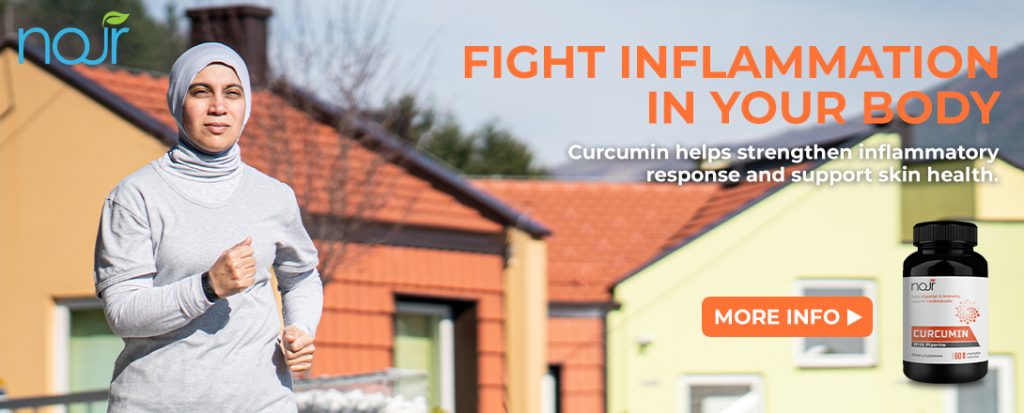What causes eczema?
We don’t know what exactly causes eczema. However, for most types of eczema, researchers believe a combination of genes and triggers are involved.
People with eczema tend to have an over-reactive immune system that when triggered by a substance outside or inside the body, responds by producing inflammation. It is this inflammation that causes the red, itchy and painful skin symptoms common to most types of eczema.
Research also shows that some people with eczema have a mutation of the gene responsible for creating filaggrin. Filaggrin is a protein that helps our bodies maintain a healthy protective barrier on the very top layer of the skin. Without enough filaggrin to build a strong skin barrier, moisture can escape and bacteria, viruses and more can enter. This is why many people with eczema have very dry and infection-prone skin.
Eczema triggers
Working to keep your symptoms under control is important to staying healthy and comfortable while living with eczema. When trying to identify potential triggers, keep in mind that an eczema flare can appear some time after exposure. This lag time can make some triggers challenging to detect.
Eczema affects everyone differently. One person’s triggers may not be the same as another’s. You might experience eczema symptoms at certain times of the year or on different areas of your body.

Common triggers include:
- Dry skin. When your skin gets too dry, it can easily become brittle, scaly, rough or tight, which can lead to an eczema flare-up.
Learn more about the importance of moisturizing skin to manage eczema flares. - Irritants. Everyday products and even natural substances can cause your skin to burn and itch, or become dry and red. These can include products that you use on your body or in your home — hand and dish soap, laundry detergent, shampoo, bubble bath and body wash, or surface cleaners and disinfectants. Even some natural liquids, like the juice from fresh fruit, vegetables or meats, can irritate your skin when you touch them.
Common irritants include:
- metals (especially nickel)
- cigarette smoke
- soaps and household cleansers
- fragrances
- certain fabrics like wool and polyester
- antibacterial ointment like neomycin and bacitracin
- formaldehyde, which is found in household disinfectants, some vaccines, glues and adhesives
- isothiazolinone, an antibacterial that is found in personal care products like baby wipes
- cocamidopropyl betaine, which is used to thicken shampoos and lotions
- paraphenylene-diamine, which is used in leather dyes and temporary tattoos, among others

Preventing eczema
The following may help alleviate the symptoms and prevent future bouts (‘flares’) of eczema:
- Use moisturiser often (at least twice a day) even when there are no symptoms. Applying moisturiser while the skin is still moist after a bath or shower to help ‘lock in’ the moisture. Adding oil to bathwater will also help to moisturise dry, eczema-prone skin. Discuss with a doctor or pharmacist the different types of moisturiser available. It may take some time and experimentation to find the best product for your child
- Wear pure cotton or cotton-mixture clothes instead of wool or synthetics
- Do not use soap, especially deodorant or anti-bacterial soaps. Instead use a mild, non-fragranced liquid cleanser, emulsifying ointment, or water-dispersible cream
- Take shorter showers or baths and use warm instead of hot water
- After bathing, gently pat rather than rub your skin dry using a soft towel.
- Avoid enzyme detergents and fabric softeners when washing clothes as these can irritate the skin
- Avoid foods that are known to provoke allergic reactions such as peanuts, eggs, seafood, milk, soy and chocolate
- Direct use of antiseptics and solvents should be avoided
- Environmental factors, such as heat, sunlight, and cold can irritate the condition. If this is the case, avoid them as much as possible
- Use a humidifier in winter and summer
- Bandages can be used to stop scratching at night. Cotton mittens can also be helpful
- Fingernails should be kept short to decrease the damage caused by scratching

